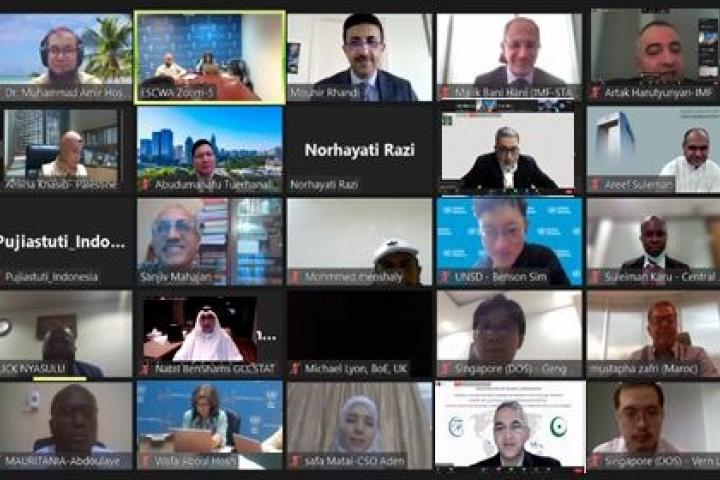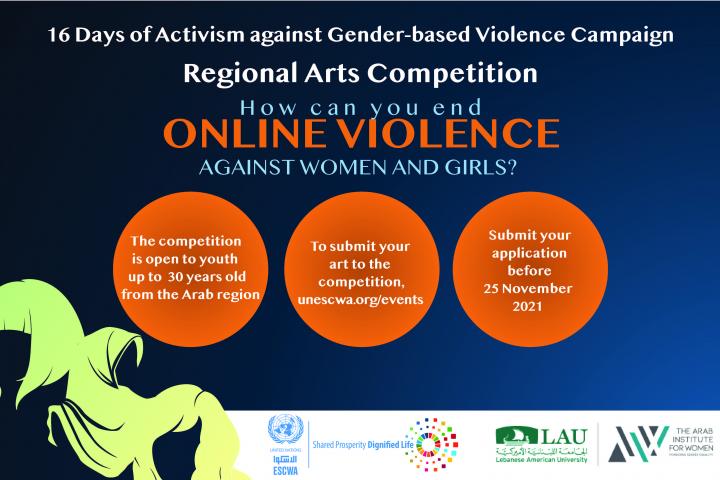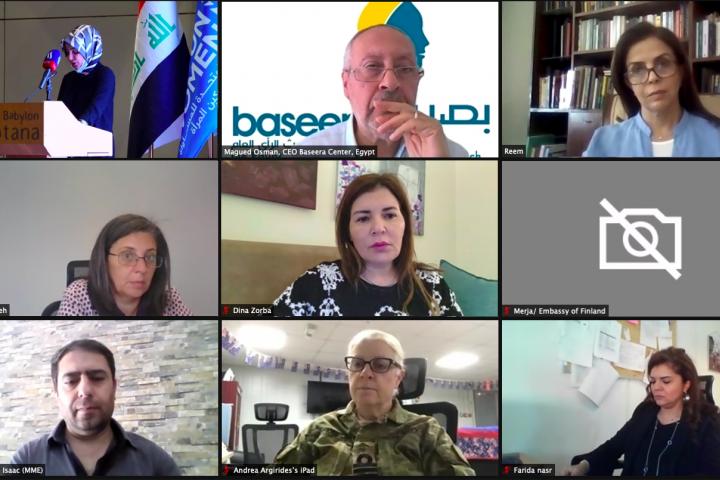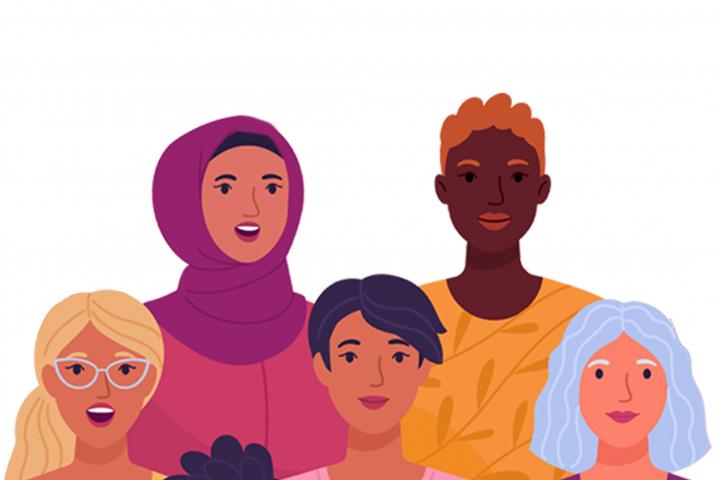The report entitled “Gender Justice & Equality Before the Law in the Arab States Region: A Regional Analysis of Progress and Challenges,” points to legal reforms that have positively impacted protections against violence against women and sexual harassment; full citizenship rights; guarantees of equal pay at work; entitlements to paid maternity leave; and limiting child marriage.
“The law is central to achieving gender equality and empowerment of women and girls in the Arab region,” said Mourad Wahba, acting Associate Administrator and Director of the Regional Bureau for Arab States in UNDP. “By demonstrating examples of positive legal reforms and breakthroughs, I trust that this new report can help facilitate a constructive dialogue and inspire scaled up action to further improve the status of women and girls across the region.”
The report brings a unique regional lens to laws and law enforcement practices – examining social and economic contexts in which laws are made and pointing to examples of good practice from across the region to encourage exchanges of experience and ideas to advance gender justice. It builds upon 18 country reports that UNDP, UN Women, UNFPA and ESCWA produced, one year ago, under their joint Gender Justice Initiative. The Initiative assesses how laws in countries across the region promote or impede gender justice in conformity with international standards and provides governments and activists at national and regional levels a baseline to track progress and a platform for regional knowledge sharing.
Citing specific examples of legislative changes that some Arab countries have already made in order to achieve gender equality, end discrimination and empower women and girls, the report notes that the process of reform has been challenging, and the gains hard won in many cases. Yet, these reforms point to an emerging consensus on how Arab countries can most effectively chart their own paths, while providing leadership in tackling such socially controversial issues.
The report proposes recommendations for Arab countries to consider in their planning for concrete measures that they can take to achieve equality before the law for women and girls within the timeframe of the 2030 Agenda for Sustainable Development, which commits countries to achieve gender equality, end all discrimination and empower women and girls by 2030.
All materials, including the new regional report, the 18 updated country summaries and the detailed country reports can be accessed through the respective websites of UNDP, UN Women, UNFPA and ESCWA.
| UNDP | Noeman Alsayyad, Communication Advisor, Regional Bureau for Arab States E-mail: noeman.alsayyad@undp.org Mobile: +962 (79) 567 2901 |
| UN Women | Diego De La Rosa, Regional Communications Officer, Regional Office for Arab States E-mail: diego.delarose@unwomen.org Mobile: +971 (50) 6862312 |
| UNFPA | Samir Imtair Aldarabi , Arab States Regional Communications Advisor E-mail: aldarabi@unfpa.org Mobile: +201068484879 |
| ESCWA | Rania Harb, Public Information Assistant, Communication and Information Unit (ECIU) E-mail: harb1@un.org Mobile: +961 (70) 008879 |
Attributable Statements about the Report from partnering agencies:
"Together, we must support countries to repeal all discriminatory and harmful laws affecting women and girls; to address gaps in legal protection and to reinforce commitments to international human rights treaties; ensuring that gender equality and women's rights are embedded in all aspects of our laws and policies."
Janneke Kukler, Deputy Regional Director, UN Women Regional Office for the Arab States.
Dr. Luay Shabaneh, Regional Director for Arab States - UNFPA,
Mehrinaz El-Awady, Director of ESCWA Centre for Women
Key handles: @UNDPArabic; @UNDPArabStates; @UNESCWA; @UNFPA_Arabic; @unwomenarabic
| About us | |
| UNDP partners with people at all levels of society to help build nations that can withstand crises, and drive and sustain the kind of growth that improves the quality of life for everyone. On the ground in more than 170 countries and territories, we offer a global perspective and local insight to help empower lives and build resilient nations. | |
| UN Women is the UN organization dedicated to gender equality and the empowerment of women. A global champion for women and girls, UN Women was established to accelerate progress on meeting their needs worldwide. | |
| UNFPA is the United Nations sexual and reproductive health agency, ensuring rights and choices for all. Our mission is to deliver a world where every pregnancy is wanted, every childbirth is safe and every young person's potential is fulfilled. | |
| ESCWA provides a framework for the formulation and harmonization of sectoral policies for member countries, a platform for congress and coordination, a home for expertise and knowledge, and an information observatory. |  |




